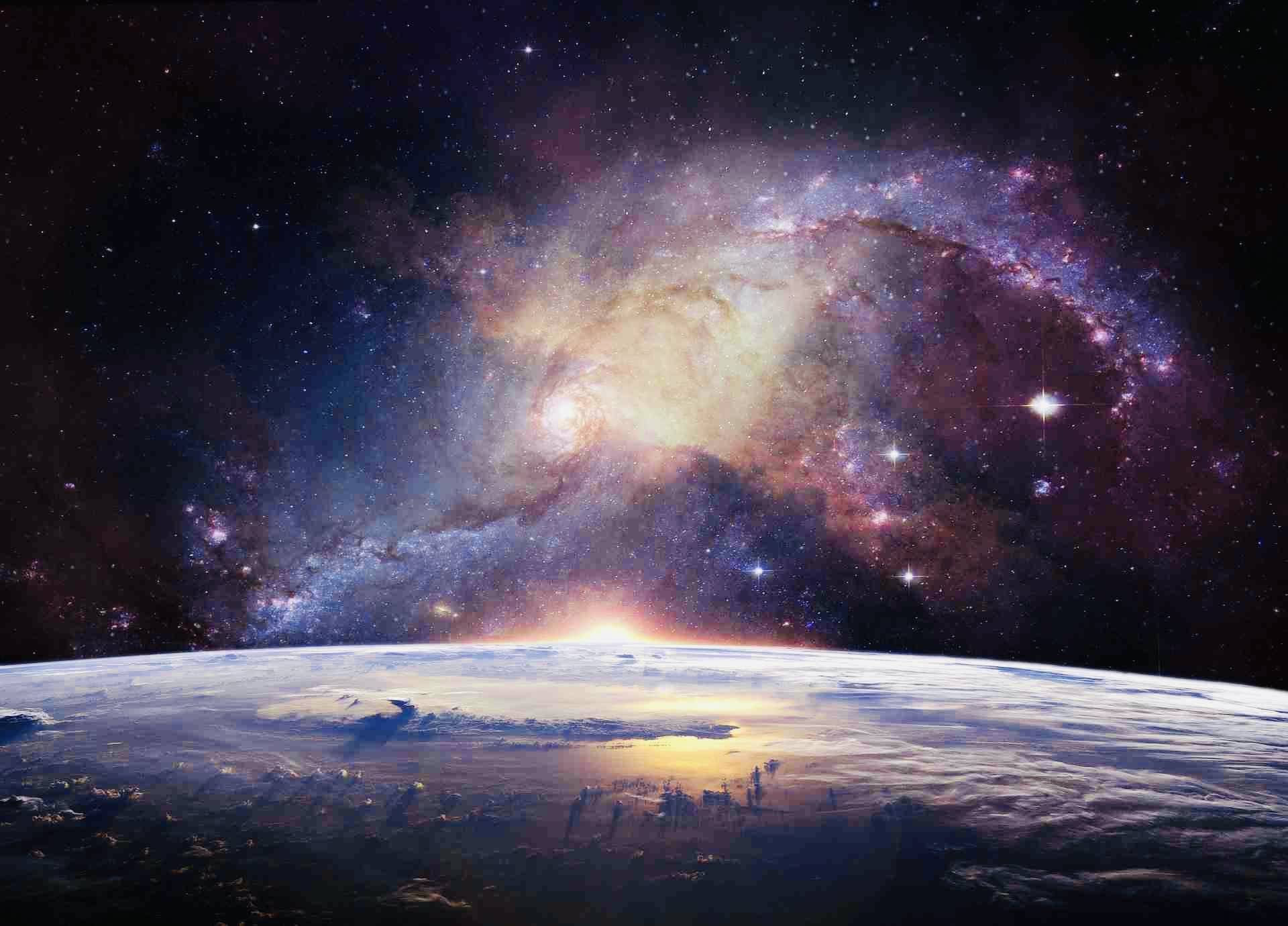The origin of the universe remains one of the most profound and debated mysteries in human history. There are three primary possibilities that people often discuss when contemplating how the universe came to exist. One idea is that the universe somehow brought itself into being. This perspective suggests that the universe arose spontaneously, perhaps due to unknown natural laws or mechanisms that caused it to emerge from nothingness. The second possibility is that some external force, entity, or creator brought the universe into existence. This is a view commonly associated with theological or philosophical explanations, where a divine or transcendent being is believed to have intentionally caused the universe to exist. Lastly, there is the notion that the universe has always existed in some form. This view implies that the universe is eternal, without a clear beginning or end, and has simply persisted through infinite cycles of existence or constant states of being.
The idea of the universe creating itself, while counterintuitive to many, has gained some attention in scientific and philosophical discussions. Modern physics, for example, explores the concept that quantum fluctuations or fundamental properties of space and time could have led to the spontaneous emergence of the cosmos. This line of thought builds upon theories like the Big Bang, which describes how the universe rapidly expanded from an extremely hot and dense state approximately 13.8 billion years ago. However, even within this framework, questions about what preceded the Big Bang remain unanswered. Could the laws of physics themselves have been responsible for the universe's origin? This possibility, while intriguing, often leaves people wondering how such laws could exist without a prior universe to sustain them.
On the other hand, the notion of a creator or external force bringing the universe into existence aligns with many religious and spiritual beliefs. For centuries, people have turned to the idea of a higher power or divine being to explain the origin of everything. In this view, the universe did not come into existence randomly or without purpose but was intentionally created by a conscious force. Different cultures and religions provide various interpretations of this idea, ranging from a single omnipotent deity to multiple gods or cosmic principles. This explanation offers a sense of purpose and design, though it also raises additional questions, such as: "Who or what created the creator?"
Finally, the concept that the universe has always existed offers an alternative that bypasses the need for an origin. Philosophers and scientists alike have pondered the possibility of an eternal cosmos. Some suggest that the universe might go through infinite cycles of expansion and contraction, a theory sometimes referred to as the "cyclic model." Others propose that the universe exists in a steady state, constantly replenishing itself without a definitive beginning or end. While this idea avoids the paradox of creation, it is challenging to reconcile with the evidence supporting the Big Bang, which indicates a specific starting point for the observable universe.
In summary, the question of how the universe came to be can be framed around three possibilities: it created itself, it was created by something else, or it has always existed. Each of these perspectives has its own set of implications and challenges, and none can be conclusively proven with current knowledge. The mystery of the universe's origin continues to inspire inquiry, debate, and wonder, as humanity seeks to understand its place within the cosmos.


